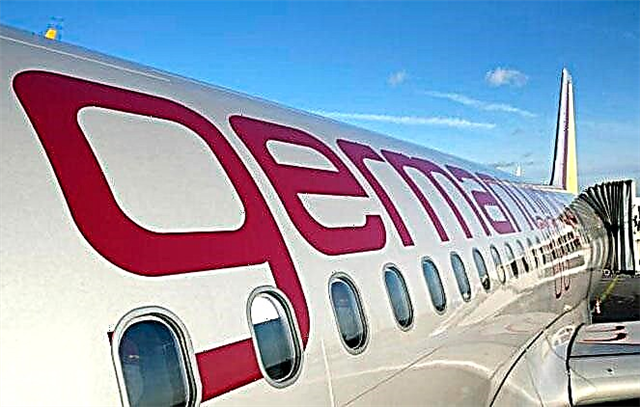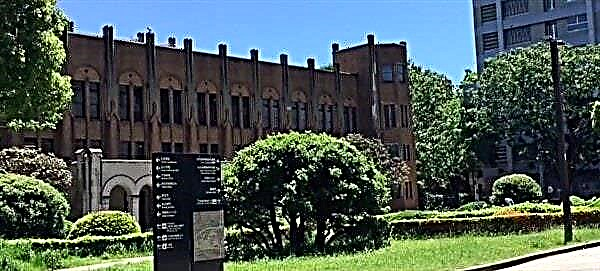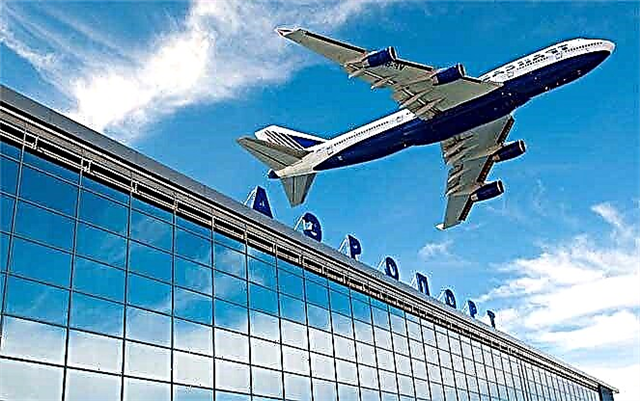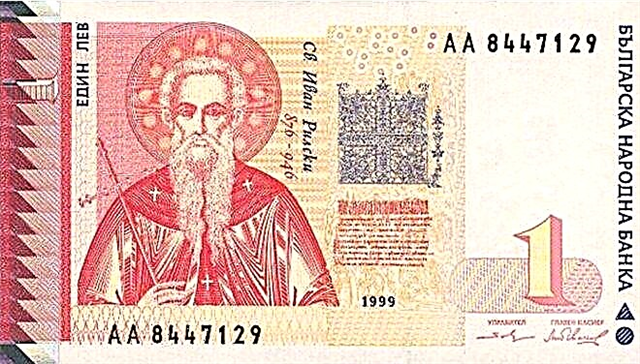A sign of any modern state is a currency unit fixed within its boundaries. When going to another country, it is important to know what kind of money is used there. The main currency in Bulgaria is the Lev (BGN).

Historical reference
Bulgaria is one of the few EU countries that still has a national currency. It was put into circulation in 1880, with the adoption of the country's constitution. Now you are aware of the name of the Bulgarian currency, which means that you can talk about its historical formation, which took place not without obstacles.
The first problems appeared in 1997, when inflation took place in Bulgaria, the value of the lev was completely tied to the deutsche mark. In 1999 the Bulgarian currency was denominated - then the final exchange rate was established.
Since 2002, the lev has been pegged to the euro at a 1.95: 1 ratio. The monetary unit in Bulgaria has been stable for over 10 years.
Currency exchange offices
The national currency of Bulgaria is very popular, so it can be considered a misconception that everywhere you can pay in rubles or dollars. The euro is more common, since the state is still a member of the EU. As a general rule, it is customary in the country to pay in levs, although there are often shops where prices are indicated in euros.
The question of where it is better to change money in Bulgaria is difficult to answer unequivocally. You can contact a bank, exchanger or private individuals. We recommend choosing the first option.
Popular banks in Bulgaria:
- United Bank of Bulgaria (UBB);
- UniCredit;
- OTP;
- ProCredit.
As a rule, institutions accept clients from 9:00 to 16:00 (a break from 12:00 to 13:00). Weekends: Saturday and Sunday plus holidays.
To exchange currency, you need to have a passport with you. Sometimes employees of a financial institution ask for the address of the hotel where you are staying.
After exchanging banknotes, do not throw away the checks: there is a possibility that during the reverse transaction they may be asked.
In addition to banks, you can exchange rubles for leva in Bulgaria in exchange offices. Tourists can meet them at every corner. Usually here is the most favorable rate, but be careful and, when making transactions, find out in advance how much leva you will receive for the provided amount in foreign currency.

Look at the quality of the banknotes you are given. Make sure they are not torn or frayed. Since 1881, there have been four leva issues, and a fairly common scam in exchange offices is the issuance of obsolete banknotes.
Bulgaria has a strict ban on hand-held currency exchange. However, in practice, "money changers" are actively working. There is a temptation to turn to them, but we do not recommend doing this: the risk that you will be deceived is too high, and if something happens, problems with the law cannot be avoided. Therefore, use the services of officials only.
The remaining leva is often exchanged back for currency. It will not be difficult to do this at customs or at the airport.
Payment by card and ATMs
Credit cards are accepted in shops, hotels, airports and a number of other establishments in the republic. This allows you not to worry about the question of how to pay in Bulgaria. Gradually, even the smallest shops are switching to cashless payments. However, we advise you to find out in advance if there is an option to pay by card, because there are exceptions. A smart solution: always have a small amount of cash with you.
ATMs are ubiquitous in the country. Moreover, their network is developed not only on the coast (Golden Sands, Albena, and so on), but also in ski resorts (Bansko, Pamporovo and others).
There are many retail outlets, catering establishments, and other commercial facilities in Bulgaria where you can pay with Visa and MasterCard.
By the way, foreign tourists have the right to receive VAT refunds under the Tax Free system upon concluding a transaction amounting to at least BGN 2,000 in one store. VAT will be refunded at the refund point in the airport area when leaving the state. Save your receipt and packaging.
Where and how else can you pay in Bulgaria:
- Cards are accepted in restaurants and at the reception of all hotels of the level of three stars ("Crown", "Diamant", "Laguna" and others).
- Cash is accepted in the bars located in the hotel.
- City cafes and restaurants located near important tourist sites usually provide for payment by card, while those located in the distance do not.
- Only cash is accepted at markets and fairs.
As you already know, the most convenient currency for tourists in Bulgaria is the leva. Therefore, you can always withdraw euros from the card and exchange them in the city without any problems.
Note that cash is issued from ATMs with a commission determined by the bank. In most cases, its size varies from 1 to 5% of the amount.

It is better to withdraw money from ATMs located directly at the financial institution. This will prevent you from becoming a victim of scammers.
It doesn't really matter which currency is better for Bulgaria in 2021: you can always get cash and exchange it for national payment units.
The status of cryptocurrencies in Bulgaria deserves special attention. As recent studies show, the country's authorities have a huge amount of digital assets. However, the leadership of the Republic of Belarus refuses to comment on the prospects for using bitcoins.
Literally a year ago, Bulgarian banks launched a real fight against Bitcoin. This was mainly manifested by the blocking of accounts of exchange services. At the moment, a limited selection of exchangers is available to Bulgarian cryptocurrency investors.
Foreign exchange rules at customs
The current customs regulations do not restrict the import and exchange of currency into Bulgaria. In the event that the total amount of imported money (local or foreign currency) is equal to or exceeds 10,000 euros, a note is made in the customs declaration (Regulation of the European Parliament and the Council of the European Union No. 1889/2005 of October 26, 2005 on the control of import / export from EU cash). Violation of this rule will result in penalties.
There is no obligatory exchange. The export of currency from Bulgaria should not exceed the amount that you indicated in the declaration upon arrival.
With an amount of 20,000 BGN (or the equivalent in foreign currency), you can leave the country only with the permission of the Bulgarian National Bank.
It will be useful for tourists to know
Having decided for yourself what currency to bring to Bulgaria, take, in addition to cash, bank cards. Contact the employees of your bank, ask if it is possible to withdraw money from your card abroad, how high the commissions will be. If you take a credit card with you, find out which payment system is more profitable to use.
Returning to the question, which is more profitable in Bulgaria: dollars or euros, - euros: the country is a member of the European Union, it is easier to exchange its currency here.
This is what Bulgarian money looks like (bills and coins):

To avoid the need to fill out a declaration when importing currency into Bulgaria, take with you up to 8,000 levs (about 4,000 euros).
Preparing in advance
Despite the fact that Bulgaria is part of the European Union, the main currency in it is the lev, not the euro. It is optimal to take with you a couple of bank cards and a small amount of cash.
It is better to withdraw and change money at ATMs or bank branches.











